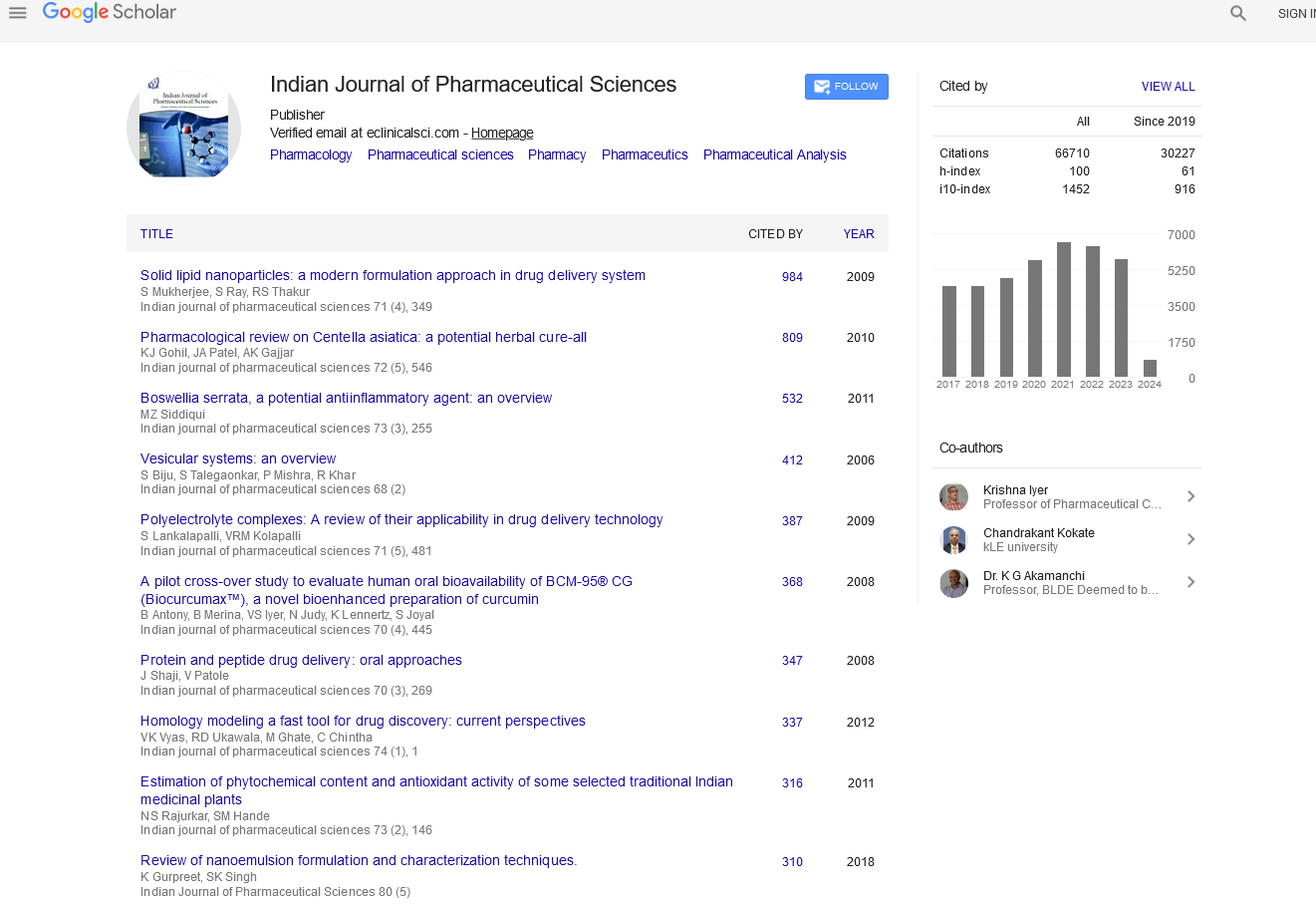Abstract
Medication knowledge of hemodialysis patients and influence of clinical pharmacist provided education on their knowledge
1 Department of Pharmacy Practice, J. S. S. College of Pharmacy, Mysore - 570 015, India 2 Institute of Nephro-urology, J. S. S. Medical College Hospital, Mysore - 570 004, India
Correspondence Address:
G Parthasarathi Department of Pharmacy Practice, J. S. S. College of Pharmacy, Mysore - 570 015 India E-mail: partha18@eth.net
The primary aim of the study was to assess the medication knowledge of hemodialysis patients and to evaluate the impact of education on their medication knowledge. This was a prospective randomised study, conducted in two phases. Study population consisted of 90 hemodialysis patients, randomised into two groups. Baseline medication knowledge of these patients was assessed using medication knowledge assessment questionnaire developed for the study. During the first phase of the study, group I patients received the education provided by a trained clinical pharmacist regarding their medications for eight-weeks and group II patients were deprived of clinical pharmacist provided education but received services only by usual healthcare group. At the end of week eight, medication knowledge assessment questionnaire was applied to both the groups of patients. In the second phase, group I patients were deprived of clinical pharmacist education and group II patients were rendered with clinical pharmacist provided education for eight-weeks and medication knowledge assessment questionnaire was once again administered to both the groups at the end of week 16. At the end of week eight, there was a statistically significant ( P< 0.05) improvement in the medication knowledge assessment questionnaire scores observed in group I, compared to baseline medication knowledge assessment questionnaire scores and week eight scores of group II patients. There was no significant ( P >0.05) improvement observed in scores of group II compared to baseline. At the end of week 16 of the study period, there was a statistically significant ( P< 0.05) improvement in the medication knowledge assessment questionnaire scores of the group II patients compared to their baseline and week eight scores. At the end of week 16 there was a significant ( P< 0.05) drop in the medication knowledge assessment questionnaire scores of group I patients compared to their week nine scores. The study confirms that medication knowledge of the hemodialysis patients was extremely poor regarding the name, indication and dosage regimen of their medications. Study emphasizes the need for the continued education to the hemodialysis patients for better understanding of the medications they use. A trained clinical pharmacist could play a vital role in educating hemodialysis patients, which has obvious benefits on therapeutic outcome.





